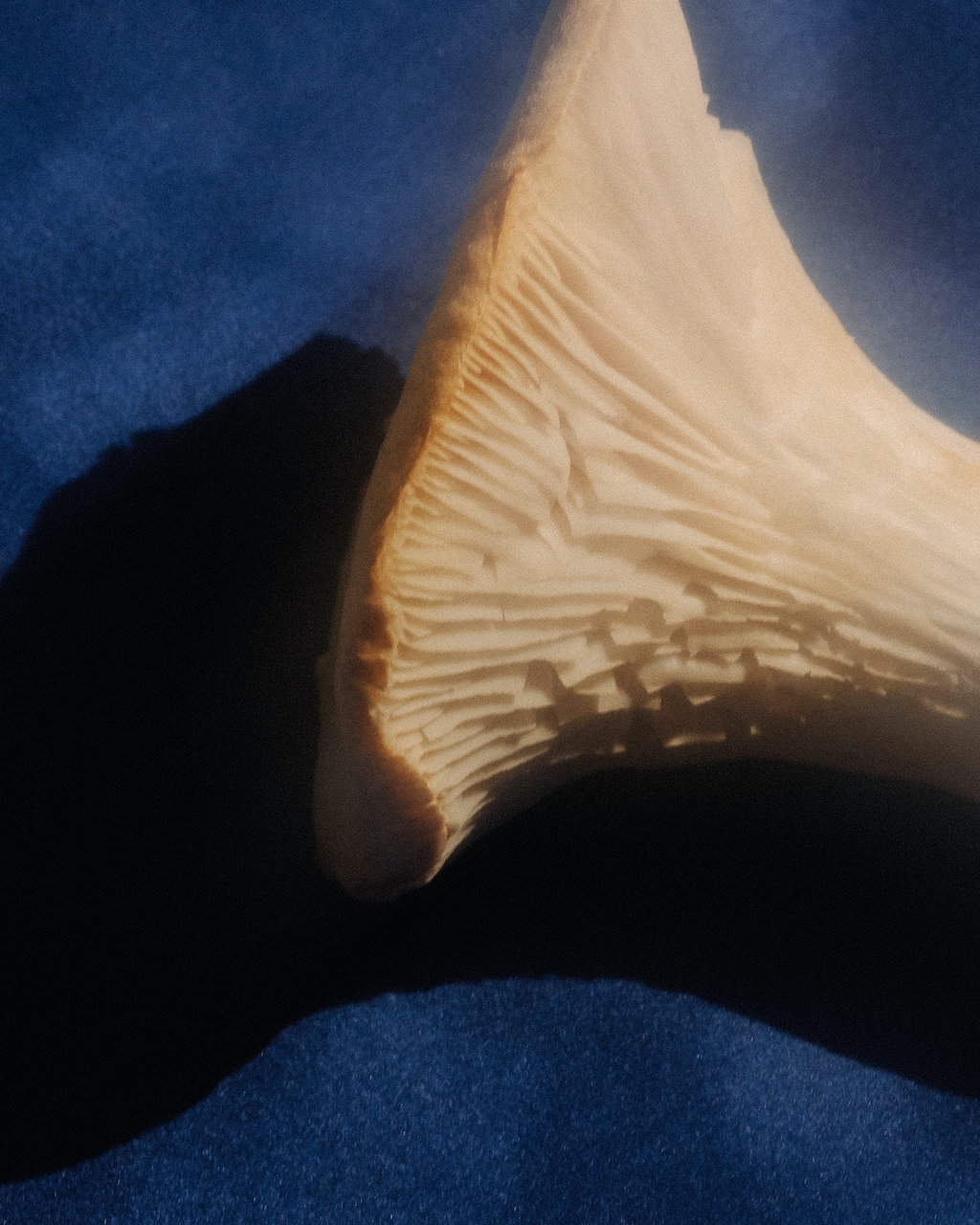Functional mushrooms, such as lion’s mane, have been gaining popularity in recent years for their potential health benefits. One area of interest is their potential to help with symptoms of Parkinson’s disease.
Parkinson’s disease is a progressive disorder of the nervous system that affects movement. Symptoms include tremors, stiffness, and difficulty with coordination and balance. There is currently no cure for Parkinson’s, and treatment options primarily focus on managing symptoms.
Lion’s mane mushroom (Hericium erinaceus) is a type of edible mushroom that has been used in traditional Chinese medicine for centuries. It is known for its unique appearance, with cascading spines that resemble a lion’s mane. Recent research has shown that lion’s mane contains compounds that may have neuroprotective properties, which may help to protect the brain and nervous system from damage.
One study found that lion’s mane extract improved cognitive function in patients with mild cognitive impairment, a condition that often precedes the development of dementia. Another study found that lion’s mane extract improved symptoms of depression and anxiety in postmenopausal women.
Lion’s mane has also been found to have a potential to help with the symptoms of Parkinson’s disease. A study conducted by the Department of Neurology at the Second Affiliated Hospital of Nanchang University in China found that lion’s mane extract may help to improve motor function in patients with Parkinson’s disease. The study found that patients who took lion’s mane extract had a significant improvement in their scores on the Unified Parkinson’s Disease Rating Scale (UPDRS), a commonly used measure of Parkinson’s disease symptoms.
In addition to its potential to improve motor function, lion’s mane may also have neuroprotective effects that may help to slow the progression of Parkinson’s disease. A study conducted by the Department of Neurology at the First Affiliated Hospital of Xi’an Jiaotong University in China found that lion’s mane extract may help to protect dopamine-producing neurons in the brain, which are often damaged in Parkinson’s disease.
It’s important to note that while these studies are promising, more research is needed to confirm the potential benefits of lion’s mane for Parkinson’s disease. And as with any supplement, it is important to consult with a healthcare provider before taking lion’s mane, especially if you are taking any medications.
In conclusion, functional mushrooms like lion’s mane have been gaining popularity for their potential health benefits. Studies have shown that lion’s mane may help with symptoms of Parkinson’s disease by improving motor function and protecting dopamine-producing neurons in the brain. However, more research is needed to confirm these potential benefits and it is always important to consult with a healthcare provider before taking any supplement.

